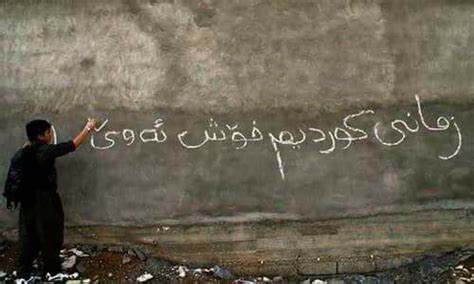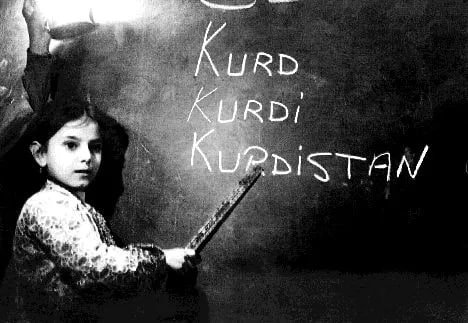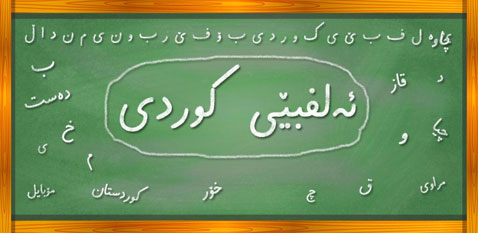Language and its functions
Human beings are a species that have the ability to apply a highly developed system of communication that makes them distinguished from other species. This system enables people to receive information from the surrounding area and change it into a meaning.
Language has two basic functions for humans: first, it enables them to communicate with other people and exchange their information, viewpoints, and thoughts or receive the same thing from other people and second, it enables humans to think.
Language has made people capable of going beyond the environmental and physical evolution borders. Biological evolution is achieved by the "genes" however, cultural completion is achieved by information gained via language. This means every new generation does not need to repeat all the processes of innovations and discovery, art and rights, technology and agriculture, … that had been gained before but rather they can examine them in order to develop them. Culture and language enable the new generations to lead them to move forward on the knowledge gained by the older generations.
The second function of language is to help thoughts and other processes to be known. Language has made it possible for us to name every experience we have. It equips us with concepts that will help us evolve our surrounding world and receive the relevant information around us systematically. Language also helps us to pay attention to our previous experiences so that we can foresee future events.

The importance of Mother Tongue
Mother tongue and learning it will have a great effect on the personality of every person. Linguists, environmentalists, and psychologists believe that a mother's rhythmic, beautiful voice, even when she is still pregnant, will be transferred to the baby. That is, a part of the heritage a baby will carry to this world with them will be their native language treasure. Thus, the babies will react to their mother's voice more than any other person.
When a society's cultural development is discussed, it is the language that ties the past and future of that society together. Banning the right to speak in the native language of any ethnic or nation, can cause a great threat and create a gap among the individuals of that nation.
Language is one of the main reasons for the existence of a nation. It preserves the thoughts and cultures of every nation. Causing any kind of barriers or obstacles in the way of a language's development would mean banning the thoughts and intellect. Although learning another language is like a new window for looking at life, however, the native language is a special window and it is the key for opening other windows.

The World's View Points Towards Native Language
UNESCO organization: "If the individuals of the society cannot speak, and write in their native language, they are considered to be illiterate."
Socialists: "Mother tongue is like mothers' breast milk that pours into people's souls and it will leave them when they die. Forcing another language on a child who has just begun to talk will be considered a crime."
Psychologists: "The first conceptualizations of a child about themselves and their world is founded on mother tongue. Thus, the child will express their first psychological and identification experiences in the world in their native language."
Heidegger: "If the native language is dead, a nation will die completely."
Milan Kundera: "The first step to destroy a nation is to erase its memories. Their books, culture, and language must be destroyed. There must be some people to rewrite their books and give them a new culture, a new history, and language; after a short while, that nation will forget its identity. The surrounding world will also forget everything about them quickly."
Mahatma Gandhi: "If a person does not know their own language and literature, they will not know their history, and those who do not know their history will not have a future."
Wittgenstein: "My language is my world and my world is my language."
John Stuart: "If colonialism would want to make a nation follow them, first they attack their identity and language and they try to assimilate that nation. When a nation abandons its culture and language, it will melt into other nations."
David Christal: "The variety of languages means that there are various nations in this world. The smart power of language is as important as the biological capabilities of a person and the destruction of a language equals the destruction of a world."










